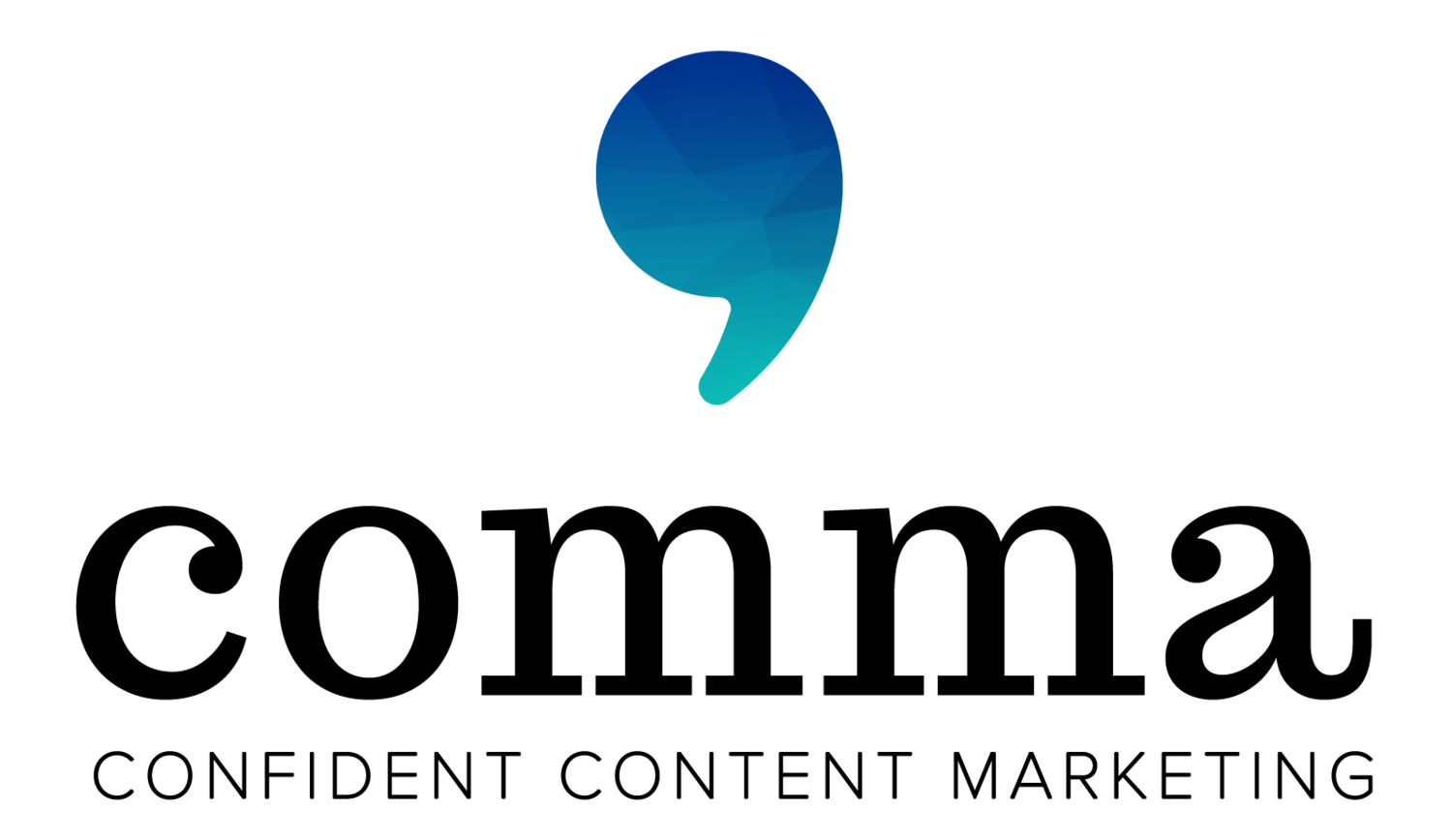What Surprised Me About Comma's Commitment to Inclusion (Victoria's Story)
I spent a significant part of my free time in the COVID-19 pandemic holed up in my room on TikTok. Why? Partly because of the app’s magnetic ability to keep me scrolling, but primarily for ethnographic research of first-generation Latinx individuals and Diversity, Equity, and Inclusion (DEI) in the workplace. From what I learned, I wrote my first book, First-Gen, NextGen (August 2021).
My goal in these marathon TikTok scrolling sessions was a glimpse into what many young professionals of color experience at work. Through the #CorporateLife hashtag on the app, I found thousands of videos detailing the experiences of young corporate professionals. Some videos offered hilarious retellings of co-worker small talk gone awry or derailed Zoom meetings after Steve from Accounting forgot to put himself on mute. Others were more sobering accounts of microaggressions, confusion, and fears about being a part of the 9-to-5 workforce.
My Multicultural Bubble
Victoria Banuelos is author of First-Gen, NextGen and a writer at Comma.
Growing up, microaggressions weren’t a thing for me. Well, they were a thing, of course, but I wasn’t aware of them. I’m Victoria and I’m a first-generation Mexican-American child of immigrants. As a Los Angeles native in an area that is mostly Latinx, I grew up constantly interacting with people who look like me, talk like me, and who also had immigrant parents who reinforced the “bootstrap narrative” of the American dream: get an education, go to college, find a stable job with benefits, work hard, and everything will fall into place.
Because I was surrounded by friends and family who understood what it meant to be Latinx, my ethnicity felt like nothing more than a sliver of my identity rather than a core part of who I was. When you’re not an ‘Other’ in the demographic checklist,’ it’s easy to forget what it feels like to be an outlier or a minority. Call it naivete or call it luck, but my insulated upbringing prevented me from ever feeling self-conscious about being Latinx.
That is, until I entered the workforce.
Why Diversity and Inclusion Matters
Entering the workforce is hard enough for a young professional. Between figuring out how to write a solid email and trying to understand “office culture,” it can feel overwhelming to balance workplace etiquette and often unspoken team politics with actual expertise and skills required to do your job.
But the buck doesn’t stop there for many BIPOC (Black, Indigenous, People of Color) employees. In companies where the “diversity bug” hasn’t bitten just yet, we often contend with being the only person in the room, on a team, or even in a department, with a particular perspective.
“That’s a good thing,” you may be thinking. “Bringing a fresh perspective to an organization can be highly valuable.”
You’re not wrong. One McKinsey study found companies in the top quartile for ethnic and cultural diversity on their executive teams were 33 percent more likely to experience above-average profitability and outperformance than companies in the fourth quartile.
However, it can be highly exhausting to consistently speak up or look around and feel unsupported by peers because they simply don’t “get it.” This reality isn’t only limited to a corporate environment, either. The same can be said for a freelancer who encounters opportunity after opportunity with little to no multicultural representation or understanding. As a creator, I can attest to how isolating and candidly, disheartening, it can be to work in a setting where you don’t feel like you can integrate your authentic self and ideas into your projects.
I learned there are companies making a difference—a real difference, not just a performative one— in the DEI space.
That was when I had the privilege of joining the Comma team.
Why We Need More Companies Like Comma
Comma has shown me that “inclusion” can come in many forms. This is an important realization for me because most of the diversity and inclusion strategies I had researched for First-Gen, NextGen involved employee resource groups, strict anti-bias training, or executive seminars.
At Comma, inclusion means building community, both with our team and with our clients. In April 2021, Comma joined the Utah Black Chamber to better support Black-owned companies. I’ve also personally worked with a Comma client whose company mission is completely dedicated to a transformational approach to diversity. Earlier this year, I collaborated on a wonderful writing project with Sara Jones, the CEO of DEI consulting firm, InclusionPro, and it’s been one of my favorite writing pieces to date.
Comma is different. Our team is committed to providing clients with the best selection of talent to fit their varied needs, and in doing so, diversity happens organically.
Some organizations are ramping up efforts to increase diversity in their candidate pool simply because it makes financial (and optical) sense. The Society for Diversity reported that adopting a diversity business model was one of the top workplace trends in 2021.
However, diversity is not a trend; it’s a necessity. Like I witnessed in thousands of #CorporateLife TikTok videos, there is still a long way to go for companies to make their BIPOC segment of employees feel valued.
Comma is different. Our team is committed to providing clients with the best selection of talent to fit their varied needs, and in doing so, diversity happens organically.
How Comma Sets the Example for Successful Inclusion
From my first day with Comma, I knew my authentic voice would be valued. In fact, my initial thought after ending the very first Google Meet call with the founder, Crystalee was, “Wow, if a company really wants to demonstrate their commitment to inclusion, they will.” I was caught by surprise.
In addition to detailing with full transparency how Comma Copywriters operates, Crystalee took the time to ask each of the new writers on the call about our hopes, goals, and writing aspirations. We talked about some of the items on our personal bucket lists and shared stories about why they were important to us. This Google Meet foreshadowed many beautiful interactions to come with the entire Comma team.
From my first day with Comma, I knew my authentic voice would be valued.
I’m almost tempted to make a TikTok of my own to show #CorporateLife that there are unicorn companies out there that are indeed making an impact on organizational inclusivity. People need to know they exist. Be sure to check out the Comma Cares section of our website—that alone tells you of the big heart of this (now, not-so-small!) business.
Comma celebrates who you are simply because of who you are—and in my mind, that’s the most genuine commitment to diversity a company can have.
Written by Victoria Banuelos as part of Comma culture series. Want to join our team? Check out www.teamcomma.com/blog/hiring
Victoria Banuelos designs and executes content marketing strategies for culturally diverse brands. Committed to supporting nonprofits with impact, Victoria serves on the Young Professionals Advisory Board for LAMusArt in Los Angeles, California, and published her first book, First-Gen, NextGen in September 2021.


